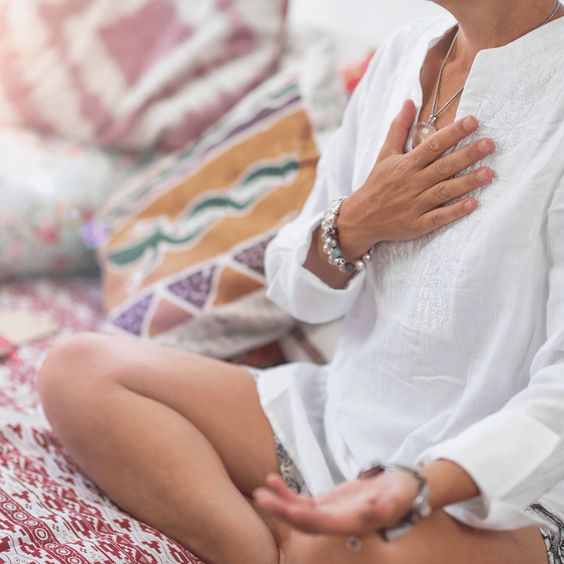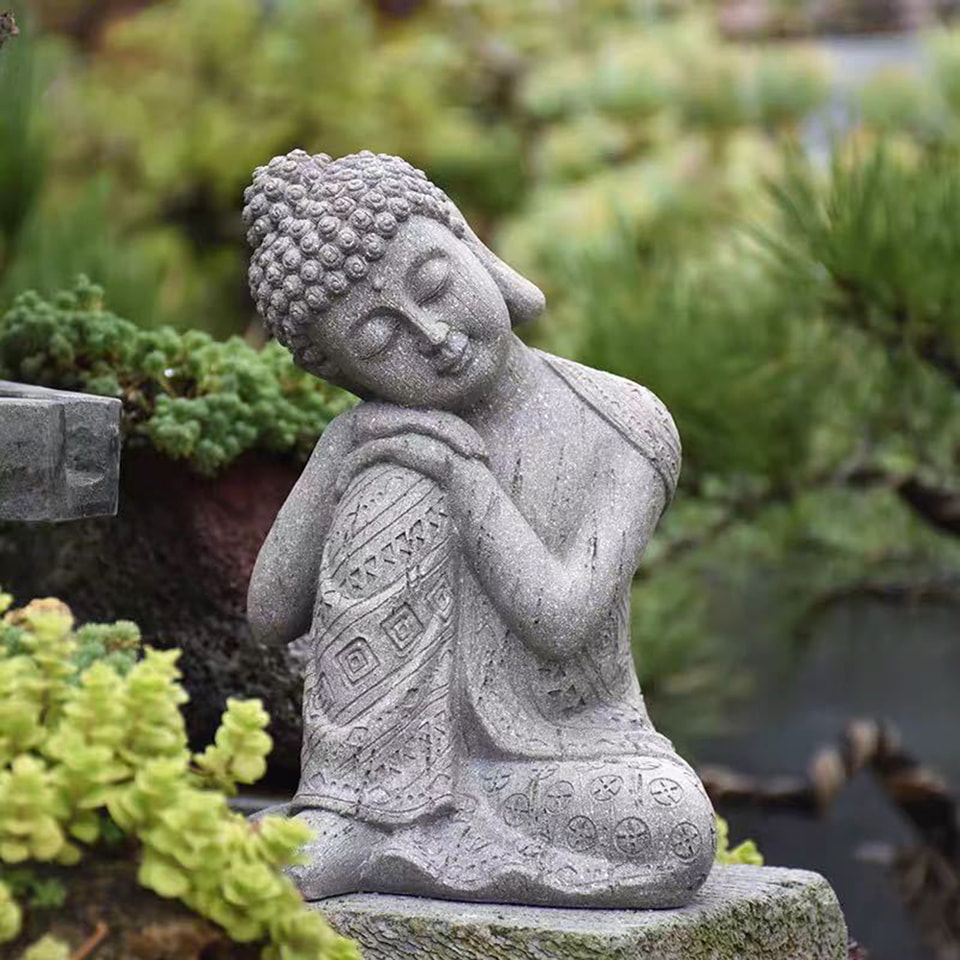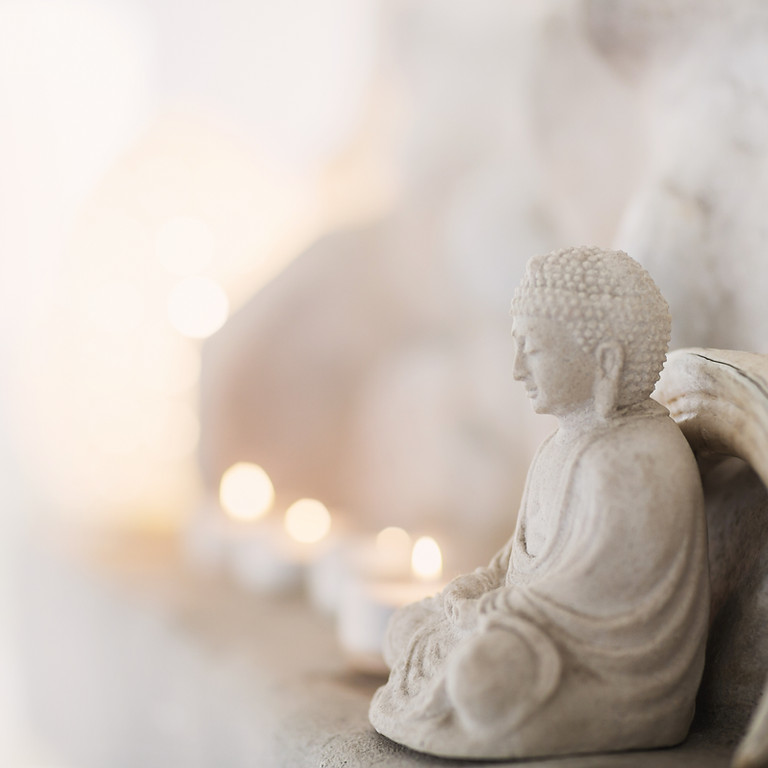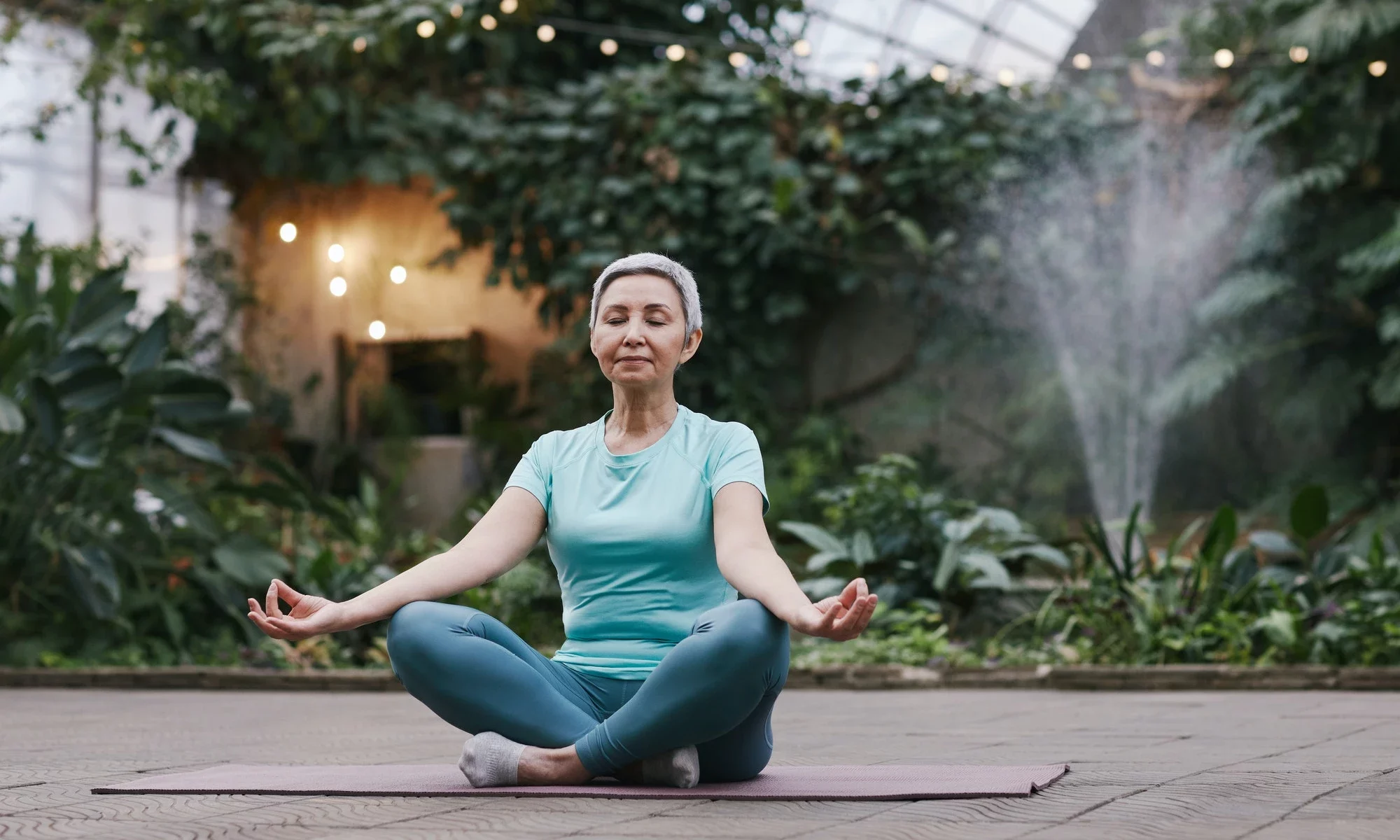Anxiety is something that many people suffer from at some point in their life, with around 8 million people in the UK suffering from every year. It can make you feel trapped and unsure of where to turn, and can sometimes lead to further health issues. There are a variety of different ways to help alleviate feeling of anxiousness. Below is a list of 5 things that can help people cope to with anxiety.
By incorporating these into your daily routine, you can help to alleviate feelings of anxiety, and thereby promote your overall health and mental wellbeing.
EXERCISE REGULARLY
Incorporating regular exercise into the daily routine can help you to reduce feelings of anxiousness. By putting your body through physical stress, you can ironically alleviate mental stress and release endorphins, helping to uplift your mood.
This includes:
- Jogging
- Walking
- Badminton
- Pilates
- Yoga
- Stretching
Make time every day or every week to go to the gym or do an exercise class – or take simple steps like walking to the shops or taking the stairs instead of the lift.
OPTIMISE YOUR ENVIRONMENT
Creating a peaceful home environment can also help to alleviate feelings of anxiety. Using essential oils and drinking chamomile tea can help you to feel relaxed when coming home from the everyday stresses of life. Even having a room in the home when you can put your feet up and read or watch television can become your safe place.
Investing in a weighted blanket can also help to reduce anxiety, especially when it comes to sleeping. They can provide a range of other benefits; reducing levels of the stress hormone cortisol and increasing the production of serotonin and melatonin through the principles of deep pressure stimulation.
HAVE A SUPPORT SYSTEM IN PLACE
Anxiety can often leave you feeling isolated from the rest of the world. However, it can really help to talk things through with someone, and get support from loved ones when you need it most.
It’s important to have a strong support system in place to help you get through the tougher times. Reaching out to family and friends, whilst maybe nerve racking at first, can be a great way to help you cope when feeling anxious.
REDUCE CAFFEINE INTAKE
Caffeine is found in tea, coffee and energy drinks. Caffeine can help you to focus throughout the day, but too much of it can cause increased anxiety.
Try reducing your caffeine intake and opt for alternatives such as decaff tea or coffee.
PRACTICE MINDFULNESS AND DEEP BREATHING
Practicing mindfulness and deep breathing can help you to alleviate feelings of anxiety. This can help to alleviate negative and stress inducing thoughts and promote a sense of calm and relaxation.
Meditation along with deep breathing exercises can help to enhance this sense of calm, further alleviating feelings of anxiety. Deep breathing exercises help to activate what is known as the parasympathetic nervous system, slowing the heart rate down and promoting relaxation.
You can use apps such as Calm, Headspace, Stop Breathe and Think to help you relax when you are feeling anxious.
To book your counselling and wellness session please:
 Book your free 15 minute discovery call now on 07735 609209
Book your free 15 minute discovery call now on 07735 609209
![]() Book your free 15 minute discovery call now on 07735 609209
Book your free 15 minute discovery call now on 07735 609209









